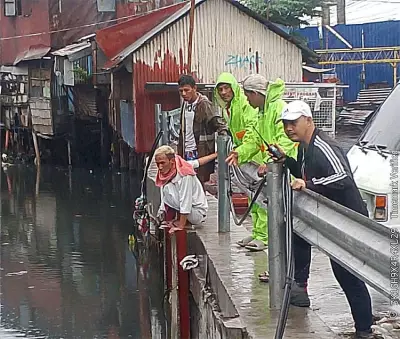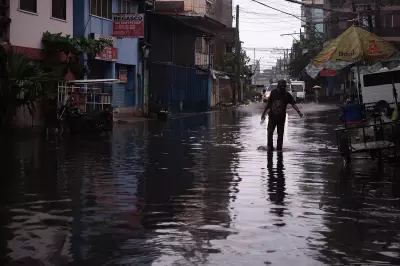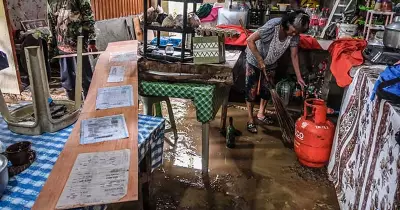
In a decisive move addressing the nation's growing environmental and agricultural crisis, President Ferdinand "Bongbong" Marcos Jr. has officially declared a State of National Calamity throughout the Philippines. This proclamation comes as the country grapples with the devastating effects of the El Niño phenomenon, which has caused widespread damage to agriculture and threatens food security.
Addressing Widespread Agricultural Damage
The presidential declaration, formalized through Proclamation No. 597, recognizes the severe impact of El Niño on the nation's farming sector. According to official reports, the damage has reached staggering proportions, affecting countless farmers and threatening the country's food supply chain.
The government's decision follows extensive assessments from various agencies, including the Department of Agriculture and the National Disaster Risk Reduction and Management Council. These assessments revealed that the agricultural damage has far exceeded initial projections, necessitating immediate and comprehensive government intervention.
Government Response and Emergency Measures
Under the state of national calamity declaration, the Philippine government is implementing several critical measures:
- Mobilizing emergency funds for affected agricultural sectors
- Implementing price controls on essential commodities
- Accelerating disaster response operations nationwide
- Coordinating relief efforts between national and local government units
- Activating special funding mechanisms for rehabilitation programs
Long-term Implications and Recovery Efforts
This declaration enables the government to utilize quick response funds and implement price ceilings on basic necessities, preventing profiteering during this critical period. The administration has emphasized that this measure is crucial for stabilizing markets and ensuring that essential goods remain affordable for all Filipinos.
President Marcos has directed all government agencies to work in close coordination to address both the immediate needs of affected communities and the long-term recovery of the agricultural sector. The declaration will remain in effect until the situation normalizes, with regular assessments conducted to determine when it can be safely lifted.
This proactive approach demonstrates the administration's commitment to addressing climate-related challenges and safeguarding the welfare of the Filipino people, particularly those in the agricultural sector who have borne the brunt of the environmental crisis.





